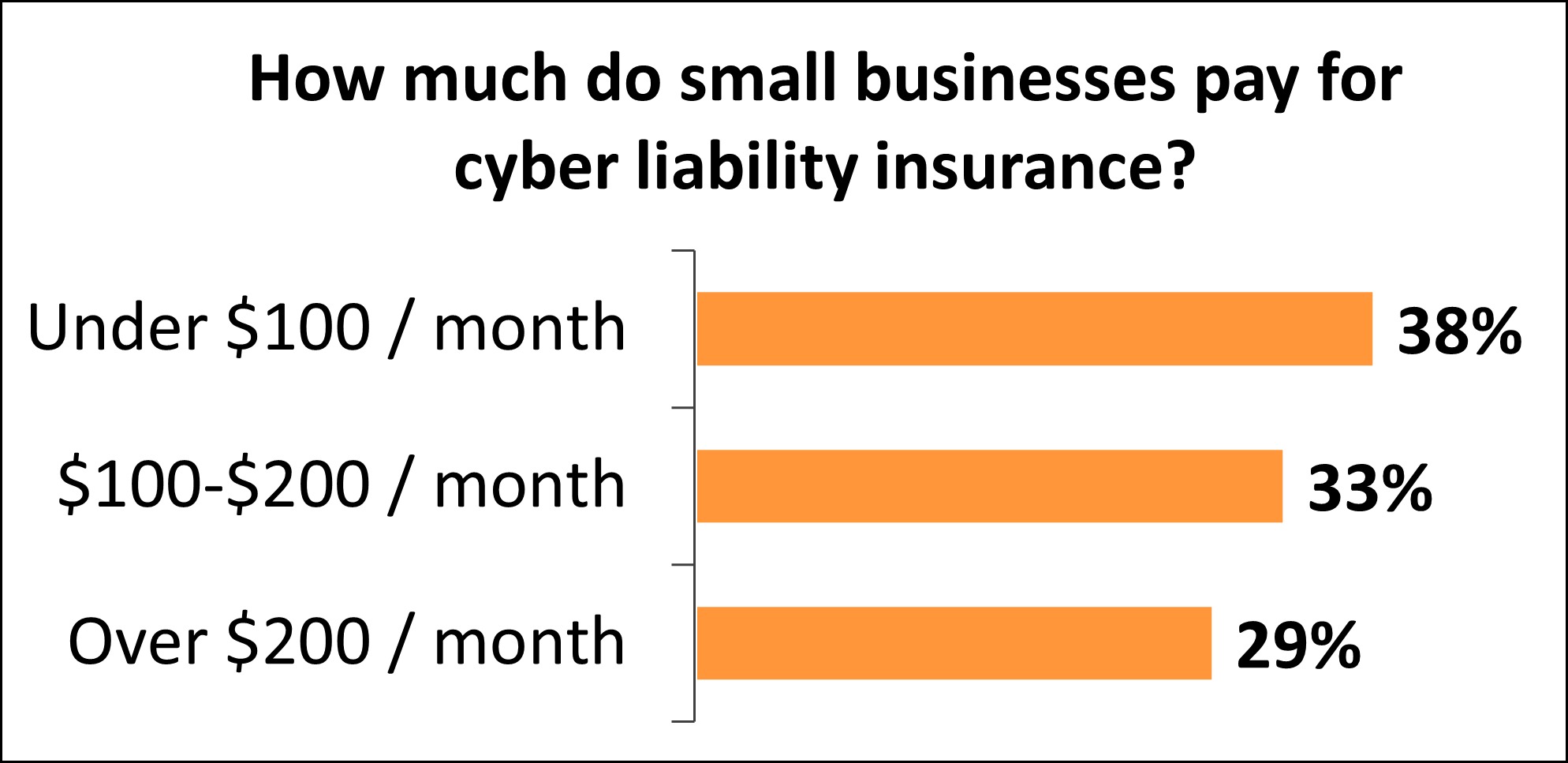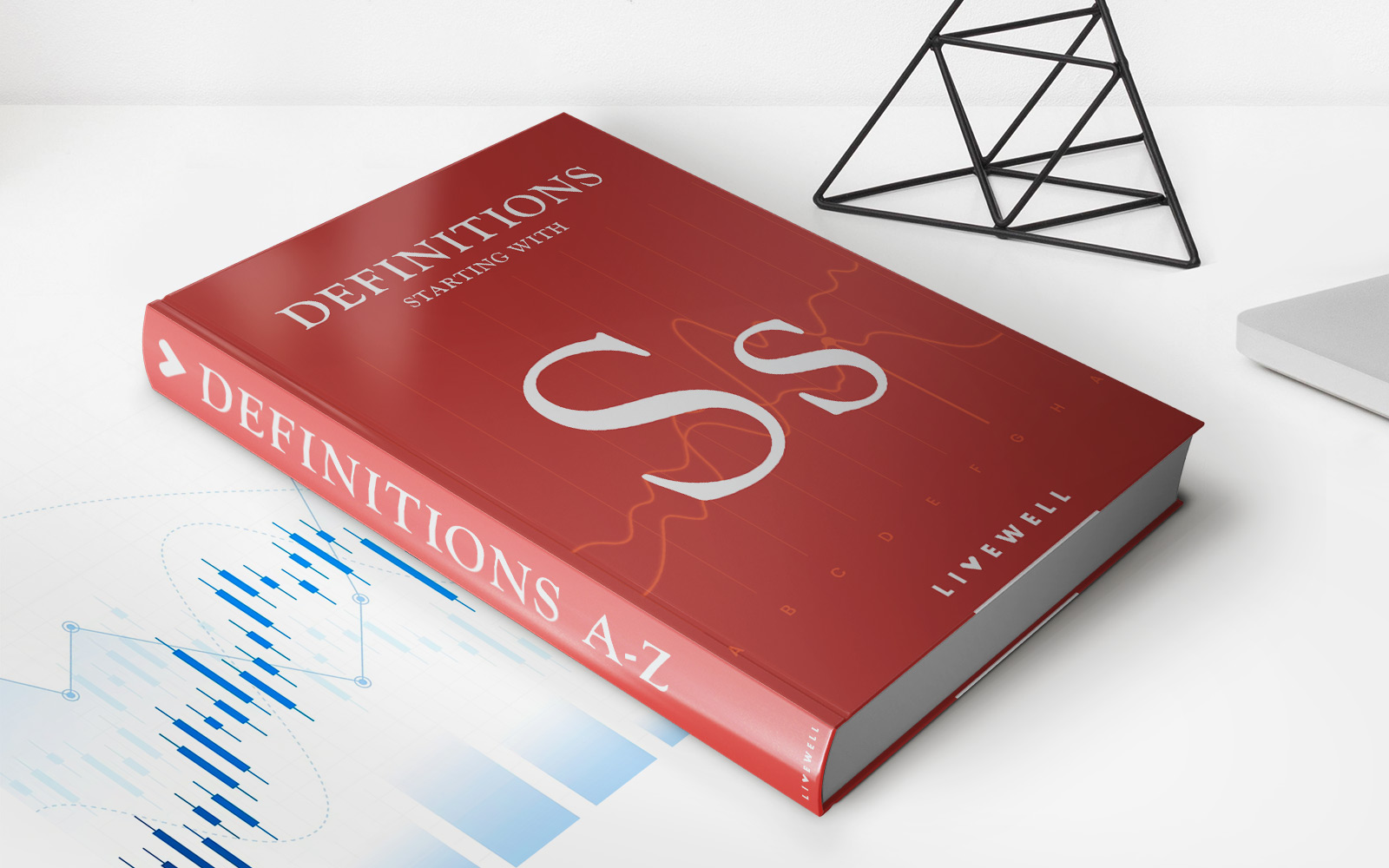

Finance
How Much Does An Accounting Degree Cost
Modified: December 30, 2023
Learn about the cost of obtaining an accounting degree in the field of finance. Compare tuition fees and explore financial aid options to pursue your career in accounting.
(Many of the links in this article redirect to a specific reviewed product. Your purchase of these products through affiliate links helps to generate commission for LiveWell, at no extra cost. Learn more)
Table of Contents
Introduction
Deciding to pursue a career in accounting is a wise investment in your future. The field of accounting offers a wide range of opportunities and a stable job market. However, one important consideration when embarking on this career path is the cost of obtaining an accounting degree.
While the cost of an accounting degree can vary depending on factors such as the institution, location, and program duration, it is essential to have a clear understanding of the expenses involved. In this article, we will explore the different aspects of the cost of an accounting degree and provide insights into ways to manage and finance your education.
Obtaining an accounting degree typically requires completing a bachelor’s program in accounting or a related field. In some cases, students may choose to pursue a master’s degree in accounting, which can further enhance their knowledge and career prospects.
As you delve into understanding the cost of an accounting degree, it’s important to consider not only the tuition expenses but also additional costs associated with textbooks, supplies, and living expenses. Additionally, we will discuss the availability of scholarships and financial aid options that can help alleviate the burden of tuition costs.
Furthermore, we will evaluate the return on investment (ROI) of an accounting degree. This analysis will provide valuable insights into the potential earnings and career growth opportunities that can be expected from obtaining an accounting degree.
Lastly, for those who may be considering alternative paths to accounting careers, we will explore some viable options that can lead to rewarding positions within the field without the need for a traditional accounting degree.
By the end of this article, you will have a comprehensive understanding of the costs involved in obtaining an accounting degree, the potential financial aid opportunities available, and the various paths you can take to pursue a successful accounting career.
Tuition Costs
When it comes to pursuing an accounting degree, tuition costs are a significant factor to consider. The cost of tuition can vary widely depending on various factors, such as the type of institution (public or private), the location, and the program duration.
At public universities, in-state students generally pay lower tuition fees compared to out-of-state or international students. On average, the annual tuition for in-state students at public universities ranges from $7,000 to $15,000. Out-of-state students may face a significantly higher tuition cost ranging from $15,000 to $30,000 or more per year.
Private institutions usually have higher tuition costs. The average annual tuition at private universities can range from $25,000 to $50,000 or more. However, it’s important to note that tuition prices can vary significantly between different private institutions.
Another important factor to consider when evaluating tuition costs is the program duration. A bachelor’s degree in accounting typically takes four years to complete, while a master’s degree may require an additional one to two years of study. Longer program durations will inevitably lead to higher tuition expenses.
It’s crucial to research the tuition costs of different institutions and programs to find the best fit for your budget and educational goals. Many universities provide detailed information on their websites, including tuition calculators and breakdowns of tuition fees by program and academic year.
Additionally, it’s worth considering the option of attending community colleges or online universities, which often offer more affordable tuition rates. Community colleges can provide an opportunity to complete foundational courses at a lower cost before transferring to a four-year institution to complete the remaining accounting coursework.
While tuition costs can be a substantial financial investment, it’s important to remember that the potential return on investment in an accounting degree can be significant. Accounting professionals tend to earn competitive salaries and have excellent career prospects, making the cost of tuition a worthwhile investment in your future.
Additional Expenses
When considering the cost of obtaining an accounting degree, it’s crucial to factor in the additional expenses beyond tuition fees. These costs can vary depending on your individual circumstances and the institution you choose.
One significant additional expense is the cost of textbooks and study materials. Accounting programs often require specific textbooks and resources, which can be quite expensive. On average, students can expect to spend around $1,000 to $1,500 per year on textbooks and other study materials. However, there are ways to reduce these costs, such as purchasing used textbooks or renting them instead of buying new ones.
In addition to textbooks, students may need to invest in technology and software. Many accounting programs require the use of specialized software, such as Quickbooks or Excel, which may come at an additional cost. It’s essential to check with your institution to determine the specific software requirements for your accounting program and budget accordingly.
Another significant cost to consider is living expenses. If you plan to attend a university away from home, you will need to account for housing, utilities, food, transportation, and other daily expenses. Depending on the location, these expenses can vary greatly. It’s important to research the average cost of living in the area where you plan to attend school to get an accurate estimate of these expenses.
Transportation costs also play a role in the overall expenses. If you plan to commute to campus, you need to account for fuel, parking, or public transportation costs. If you’re living on campus, you may not have these transportation expenses, but you may have other fees, such as parking permits.
Lastly, don’t forget to consider miscellaneous expenses such as student organization fees, lab fees, and health insurance premiums. These costs may not be as substantial as tuition or housing, but they can add up over time.
It’s essential to budget and plan for these additional expenses to ensure you have a realistic understanding of the total cost of your accounting degree. By considering all potential costs, you can better manage your finances and make informed decisions about your education.
Scholarships and Financial Aid
When it comes to financing your accounting degree, scholarships and financial aid can be invaluable resources to help offset the cost. There are numerous scholarship opportunities available that can help reduce the financial burden of tuition and other expenses.
One of the first steps in exploring scholarship opportunities is to research scholarships offered by your chosen institution. Many universities have their own scholarship programs specifically for accounting students. These scholarships may be based on academic achievement, financial need, or specific criteria set by the institution.
Additionally, there are external scholarships available from various organizations and professional associations related to accounting. These scholarships can range from general scholarships for all fields of study to scholarships specifically for accounting students. Scholarship search engines and online databases can help identify these external scholarship opportunities.
Financial aid is another avenue to explore. Completing the Free Application for Federal Student Aid (FAFSA) can determine your eligibility for federal grants, loans, and work-study programs. The FAFSA takes into account various factors such as your income, assets, and family size to determine your financial need. Based on your FAFSA results, you may qualify for federal Pell Grants, Federal Perkins Loans, or Federal Work-Study programs.
Many institutions also offer institutional aid in the form of scholarships, grants, or loans. To be considered for institutional aid, complete any required financial aid applications specific to your institution. These applications may require additional information beyond what is included in the FAFSA.
It’s crucial to start the scholarship and financial aid application process early. Many scholarships have specific deadlines, and financial aid may have limited availability, so it’s important to plan ahead to maximize your chances of receiving aid.
Additionally, don’t overlook employer-sponsored tuition assistance or reimbursement programs. Some companies offer financial assistance to employees pursuing higher education in relevant fields such as accounting. These programs can provide an excellent opportunity to reduce or eliminate the cost of your accounting degree while gaining valuable work experience.
Overall, scholarships and financial aid can significantly alleviate the financial burden of obtaining an accounting degree. By diligently searching and applying for scholarships, as well as exploring available financial aid options, you can make your education more affordable and accessible.
Return on Investment
When considering the cost of an accounting degree, it is essential to evaluate the potential return on investment (ROI). ROI refers to the financial benefit you can expect to receive in relation to the cost of your education. In the case of an accounting degree, the ROI can be quite favorable.
Accounting is a field that offers numerous career opportunities and a strong job market. As an accountant, you can work in various sectors such as public accounting firms, corporate finance departments, government agencies, or even start your own accounting practice.
One of the significant advantages of pursuing an accounting degree is the potential for a competitive salary. Accountants generally earn salaries that are higher than the average salary across many professions. According to the Bureau of Labor Statistics, the median annual wage for accountants and auditors in the United States is around $71,550 as of May 2020. However, salaries can vary depending on factors such as experience, location, and industry.
In addition to competitive salaries, accountants often enjoy job stability and growth opportunities. As long as businesses and organizations need to manage their financial records and comply with tax regulations, the demand for skilled accountants will remain strong. This stability in the job market can provide a sense of security and peace of mind when considering the ROI of an accounting degree.
Furthermore, accountants have the potential for career advancement. By gaining experience and professional certifications such as the Certified Public Accountant (CPA) designation, you can increase your earning potential and open doors to higher-level positions such as financial manager, controller, or even CFO.
It is important to note that the ROI of an accounting degree goes beyond just financial considerations. The skills and knowledge gained through your education can establish a solid foundation for a successful career. Accountants play a critical role in helping organizations make informed financial decisions, ensuring compliance with regulations, and identifying opportunities for growth.
Considering the potential for a competitive salary, job stability, growth opportunities, and the inherent value of the skills gained, the ROI of an accounting degree can be significant. While the upfront costs may seem daunting, the long-term benefits and earning potential make it a worthwhile investment in your future.
Alternative Paths to Accounting Careers
While obtaining a traditional accounting degree is the most common path to a career in the field, it is important to note that there are alternative routes available for those looking to pursue an accounting career. These alternative paths can provide opportunities for individuals who may not have the means or desire to pursue a formal accounting degree.
One option is to pursue a certificate or diploma program in accounting. These programs offer specialized training in accounting principles and practices without the time and financial commitment required for a full degree program. Certificate and diploma programs are offered by many community colleges and vocational schools and can provide a solid foundation for entry-level positions in accounting.
Another alternative path is to gain practical experience through internships or entry-level positions. Many companies and accounting firms offer internships or co-op programs where individuals can gain hands-on experience in the field while learning from professionals. This practical experience can be invaluable and can often lead to long-term employment opportunities.
For individuals who are already in the workforce or have a degree in a related field, pursuing a master’s degree in accounting can be a viable option. A master’s degree in accounting provides a more focused and advanced level of education in accounting principles and can enhance career prospects and earning potential.
Additionally, there are professional certifications that can be obtained without a formal degree in accounting. The most prominent certification is the Certified Public Accountant (CPA) designation. The CPA credential is highly respected in the accounting industry and can open doors to lucrative career opportunities. While each state has specific requirements for CPA licensure, in some cases, it is possible to qualify for the CPA exam without a traditional accounting degree by meeting certain educational and experience criteria.
Furthermore, online courses and self-study resources are increasingly available, providing individuals with the opportunity to learn accounting skills at their own pace and convenience. Platforms such as Coursera, Udemy, and LinkedIn Learning offer a wide range of accounting courses taught by industry professionals.
It’s important to note that while alternative paths to accounting careers are available, they may not offer the same depth of knowledge and opportunities for advancement as a formal accounting degree. However, with dedication, practical experience, and a commitment to continuous learning, it is possible to build a successful career in accounting even without a traditional degree.
Ultimately, the choice of pursuing an alternative path to an accounting career will depend on individual circumstances, goals, and resources. It’s crucial to carefully evaluate the options available and consider how they align with your desired career trajectory.
Conclusion
Obtaining an accounting degree is a significant investment in your future, both in terms of time and finances. However, the potential benefits and opportunities the field of accounting offers make it a worthwhile pursuit. In this article, we have explored the various aspects of the cost of an accounting degree and provided insights into managing and financing your education.
Tuition costs vary depending on the institution, location, and program duration. It’s important to consider not only the tuition fees but also additional expenses such as textbooks, supplies, and living expenses. Planning and budgeting for these costs will help you ensure a realistic understanding of the financial commitment involved.
Scholarships and financial aid can significantly alleviate the burden of tuition costs. Researching and applying for scholarships offered by institutions or external organizations can help you secure funding. Additionally, completing the FAFSA and exploring institutional aid or employer-sponsored programs are avenues worth exploring to finance your education.
When considering the cost of an accounting degree, it’s important to evaluate the potential return on investment. Accountants enjoy competitive salaries, job stability, and growth opportunities, making an accounting degree a valuable asset. The skills and knowledge gained through your education lay the foundation for a successful and fulfilling career.
For those seeking alternative paths to accounting careers, options such as certificate programs, practical experience through internships, and professional certifications exist. These alternatives can provide opportunities for individuals with specific circumstances or preferences.
In conclusion, while the cost of an accounting degree may seem daunting, the potential benefits, including competitive salaries, job stability, and growth opportunities, make it a wise investment. By carefully considering the financial aspects, exploring scholarship and financial aid options, and evaluating alternative paths, you can navigate the cost of obtaining an accounting degree and pave the way to a successful career in the field of accounting.














